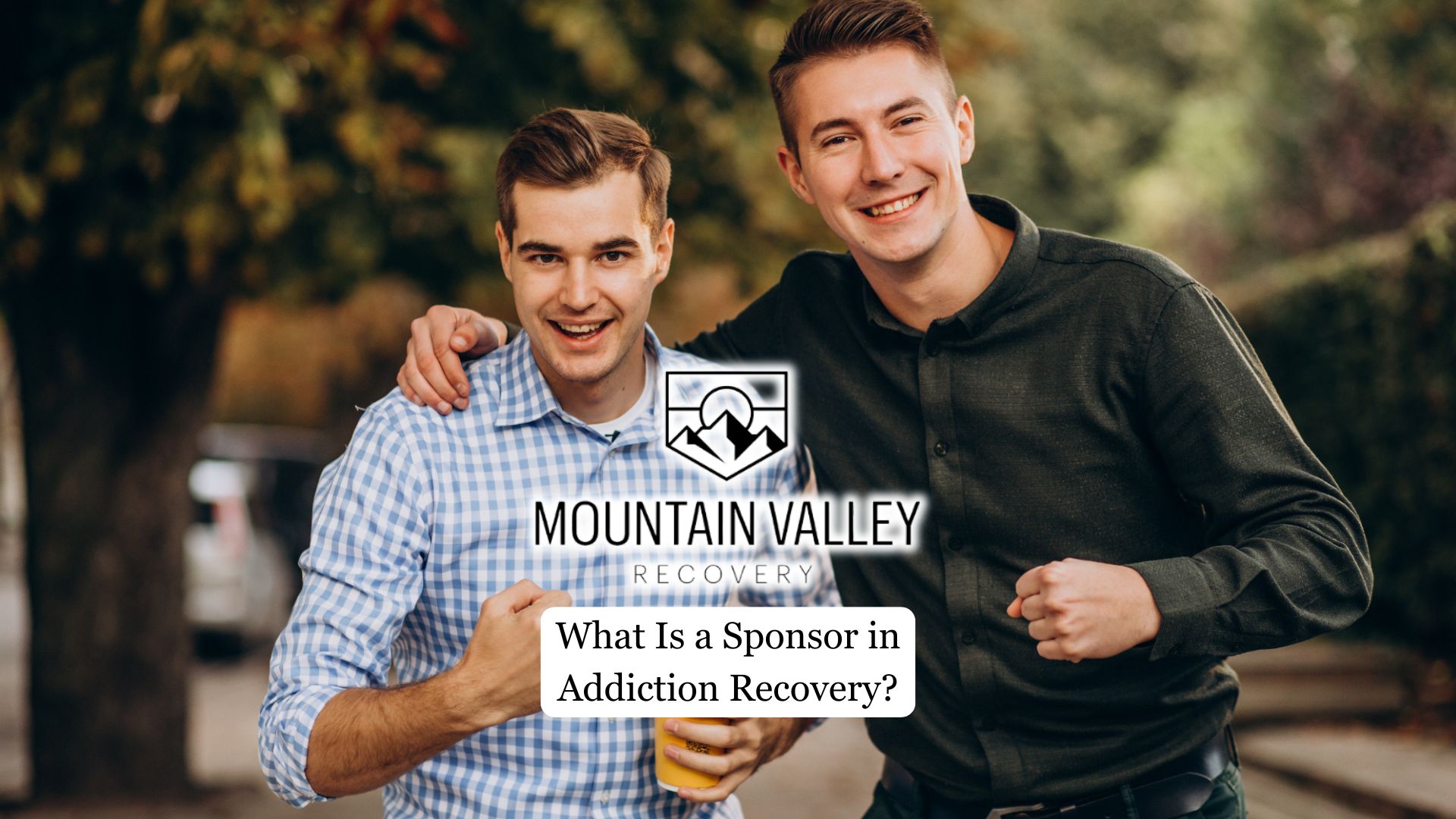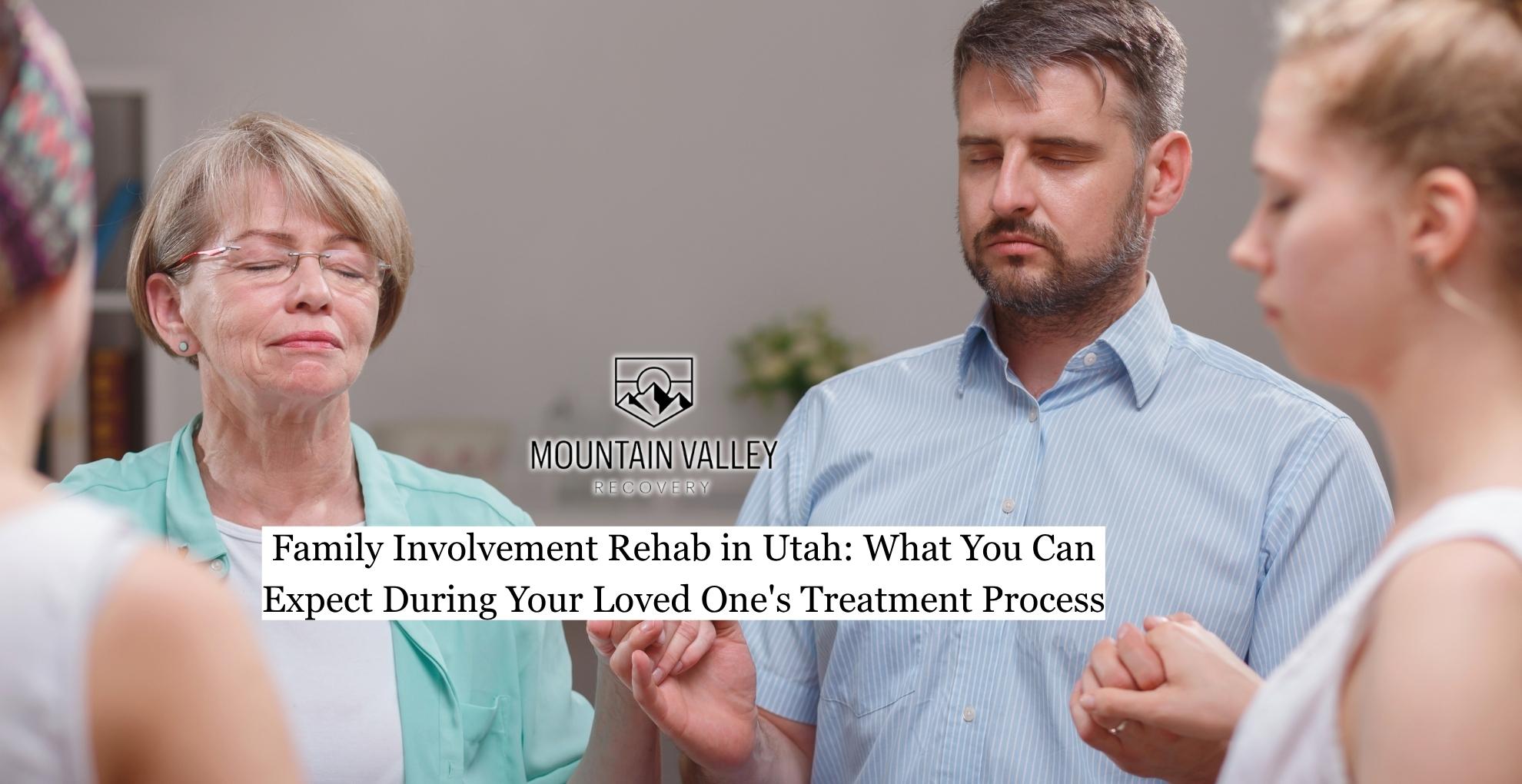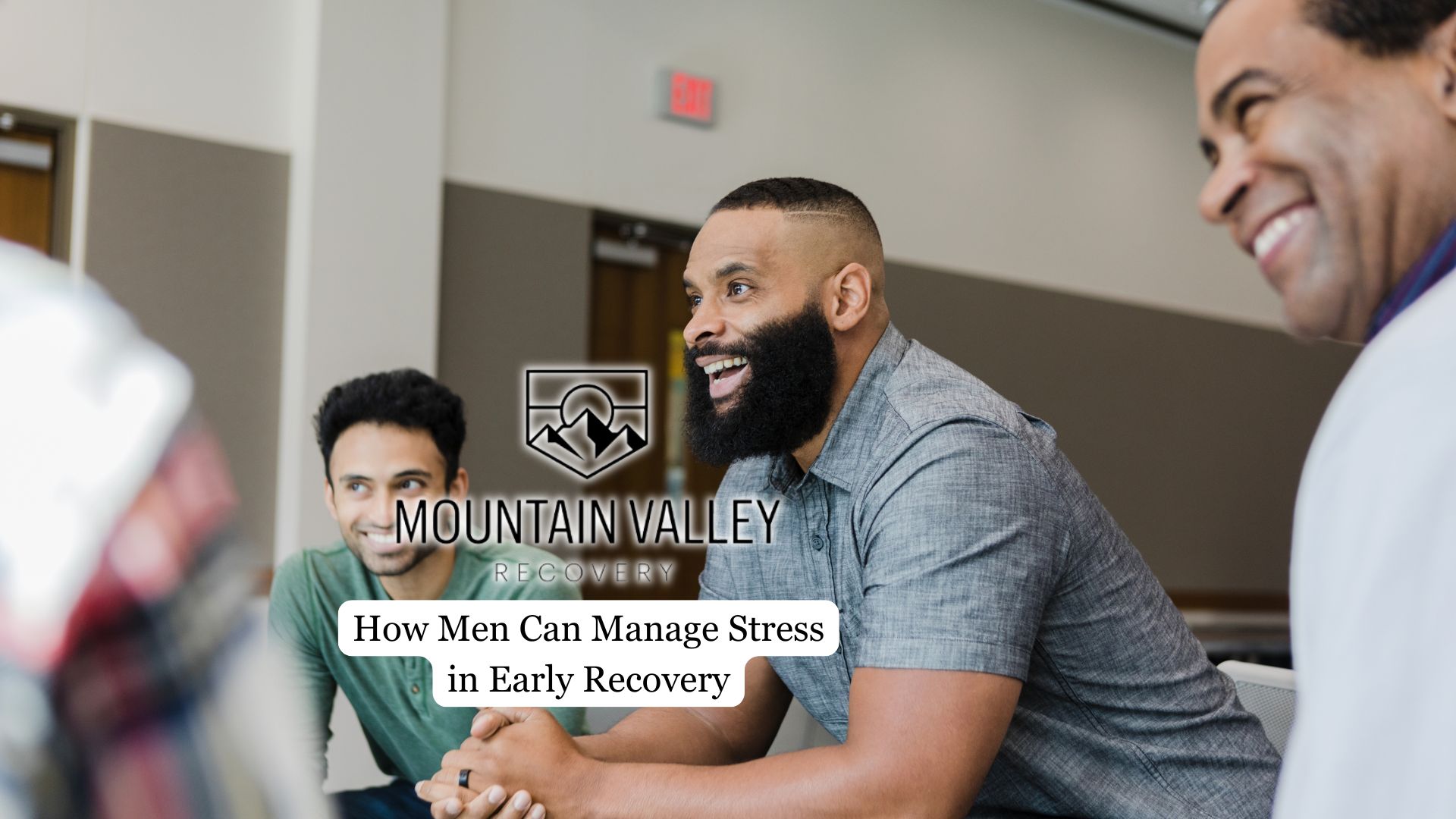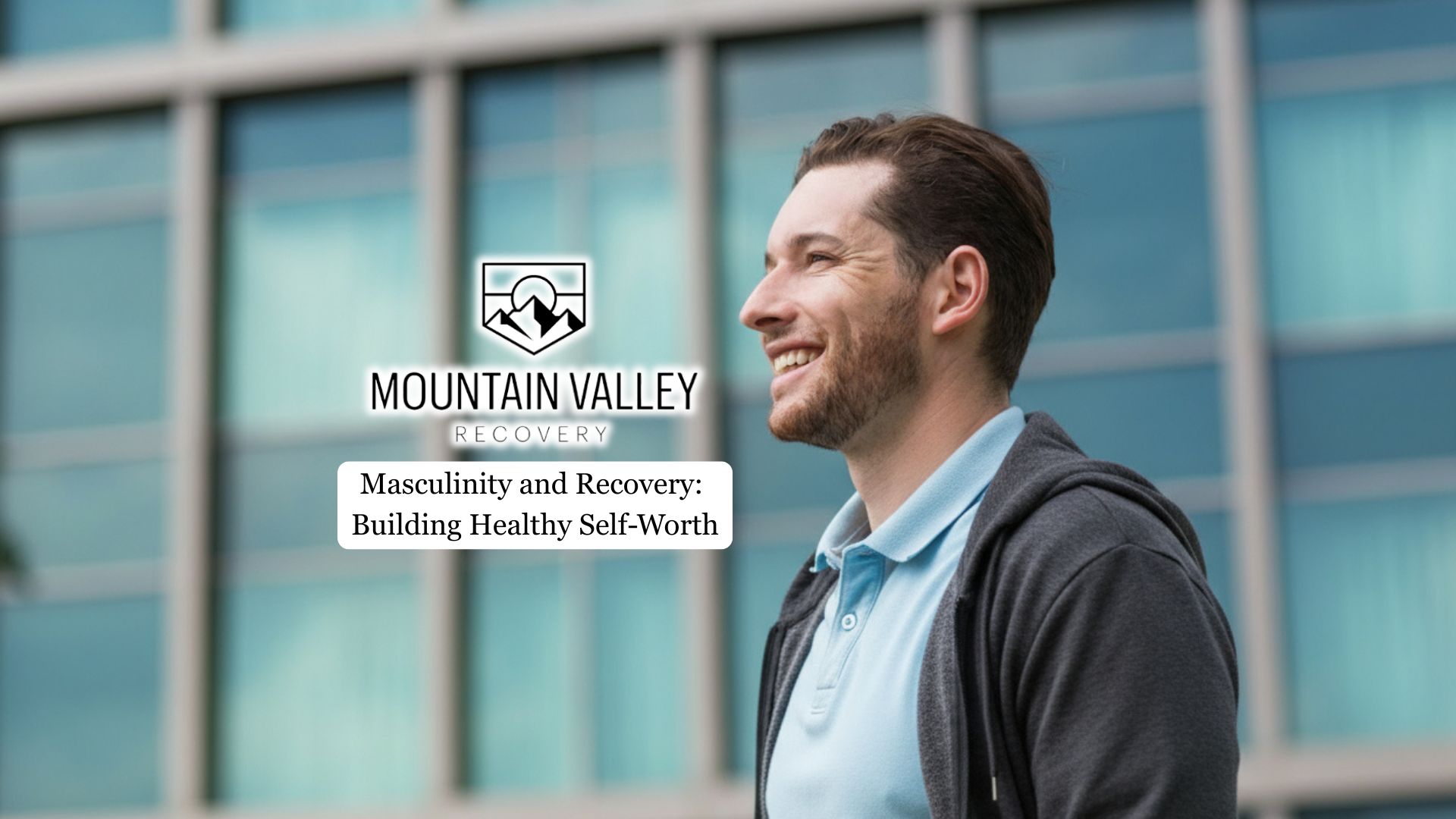Professional treatment and therapy are crucial elements in the recovery process, but peer support often serves as the foundation for long-term success. A key component of this support system is the role of a sponsor. Sponsorship, which has its roots in 12-step programs like Alcoholics Anonymous (AA) and Narcotics Anonymous (NA), has become a widely acknowledged and essential aspect of recovery.
In this article, we will delve into the concept of a sponsor, examining their role in the recovery journey and how they can assist individuals in establishing a solid groundwork for enduring sobriety.
The Role of Sponsorship
As a sponsor, you’re an experienced individual who’s successfully completed the 12 Steps and maintains sobriety. You serve as a mentor, providing guidance and support to sponsees navigating their own recovery journey.
By sharing your personal experiences and wisdom, you help sponsees understand and work through the 12 Steps, fostering accountability and encouraging regular meeting attendance. Your role is to offer emotional support, identify triggers, and suggest coping strategies.
Through open communication and trust, you help sponsees build resilience and achieve personal growth. The sponsor-sponsee relationship is informal and flexible, allowing you to tailor your approach to each individual’s needs and goals.
As a sponsor, you’re a beacon of hope, demonstrating that long-term sobriety is achievable with dedication and support. Your mentorship is invaluable in helping sponsees overcome the challenges of addiction post rehab treatment.
Qualities of an Effective Sponsor
As a sponsor, you should have a solid understanding of the 12 steps and maintain at least one year of sobriety to provide relevant guidance and support.
It’s crucial that you’ve completed the steps yourself and are actively involved in the recovery program, setting an example for your sponsees.
Excellent communication skills are essential, including the ability to listen empathetically and provide honest feedback. This allows you to connect effectively with your sponsee and offer valuable insights.
Maintaining a non-judgmental attitude is key to fostering a safe environment where your sponsee can openly share their struggles and challenges.
Building trust is paramount in the sponsor-sponsee relationship. When your sponsee respects and trusts you, it facilitates a productive and supportive mentoring dynamic.
Responsibilities of the Sponsee
While having an effective sponsor is vital, the success of the sponsor-sponsee relationship also depends on the sponsee’s commitment and dedication. As a sponsee, you have several key responsibilities to ensure a productive and meaningful recovery journey.
Attending meetings regularly with your sponsor is crucial, and if you need to cancel, notify them in advance. Establish clear communication boundaries regarding calls and messages to maintain a healthy relationship.
Completing assigned tasks and homework related to the 12 steps is essential for your personal growth in recovery. When discussing matters with your sponsor, focus primarily on addiction and recovery to maximize the effectiveness of their guidance.
Learn more about the role of aftercare in addiction recovery and how you can successfully transition from treatment to every-day life without losing the progress made in rehab.
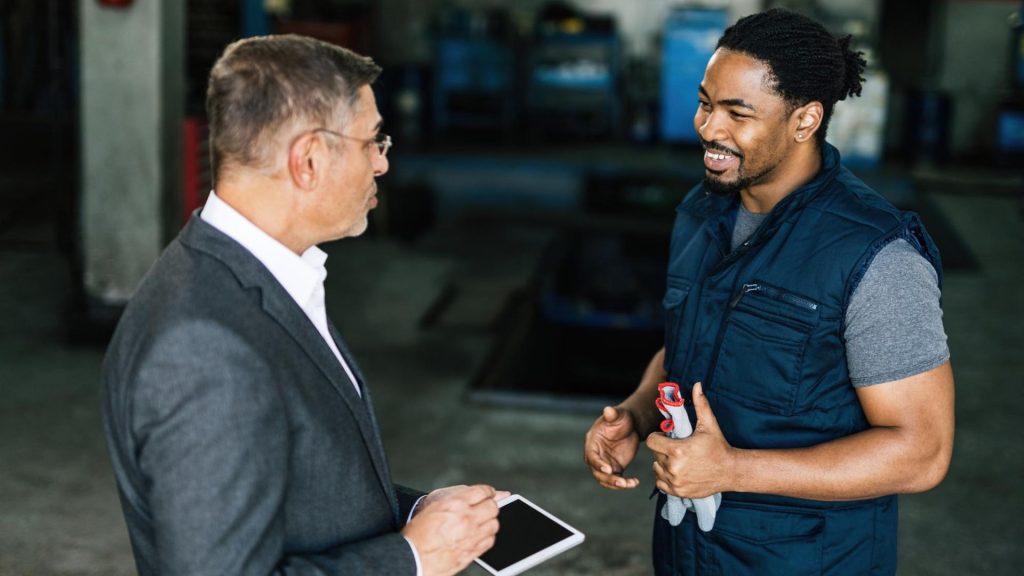
Benefits of Having a Sponsor
By connecting with an experienced sponsor who’s walked the path before you, you’ll gain personalized support and guidance as you navigate the recovery program. Your sponsor will be a living example of successful recovery, instilling hope and motivation through shared experiences and insights.
During moments of weakness or uncertainty, your sponsor will provide the emotional support needed to reduce relapse risk and foster resilience in your sobriety journey. They’ll help you identify triggers and develop effective coping strategies, ensuring you’re well-equipped to avoid high-risk situations.
Your sponsor can connect you with additional resources, such as peer support groups and recovery literature, further strengthening your commitment to a substance-free life.
Choosing the Right Sponsor
When choosing a sponsor, it’s beneficial to pick someone of the same gender to ensure comfort and understanding during discussions.
Look for a sponsor who’s maintained a significant period of sobriety, ideally over a year, demonstrating their commitment to recovery and ability to provide effective mentorship.
Ensure your potential sponsor has completed all 12 Steps themselves and has their own sponsor for accountability, so they’re equipped to guide you.
Compatibility in communication style and shared values is crucial; assess your potential sponsor’s qualities rather than superficial traits. Engage in open discussions about expectations and goals before committing to a sponsorship relationship to foster a more successful and mutually beneficial partnership.
Final Thoughts from Mountain Valley Recovery
For men seeking a path to recovery, the support of a sponsor can be an invaluable asset in navigating the challenges and triumphs of this transformative process. At Mountain Valley Recovery, our inpatient rehab program provides a supportive environment where men can focus on their healing, free from the distractions and temptations of daily life.
While our professional staff offers expert care and guidance, we also recognize the power of peer support and encourage the development of strong sponsorship relationships.

